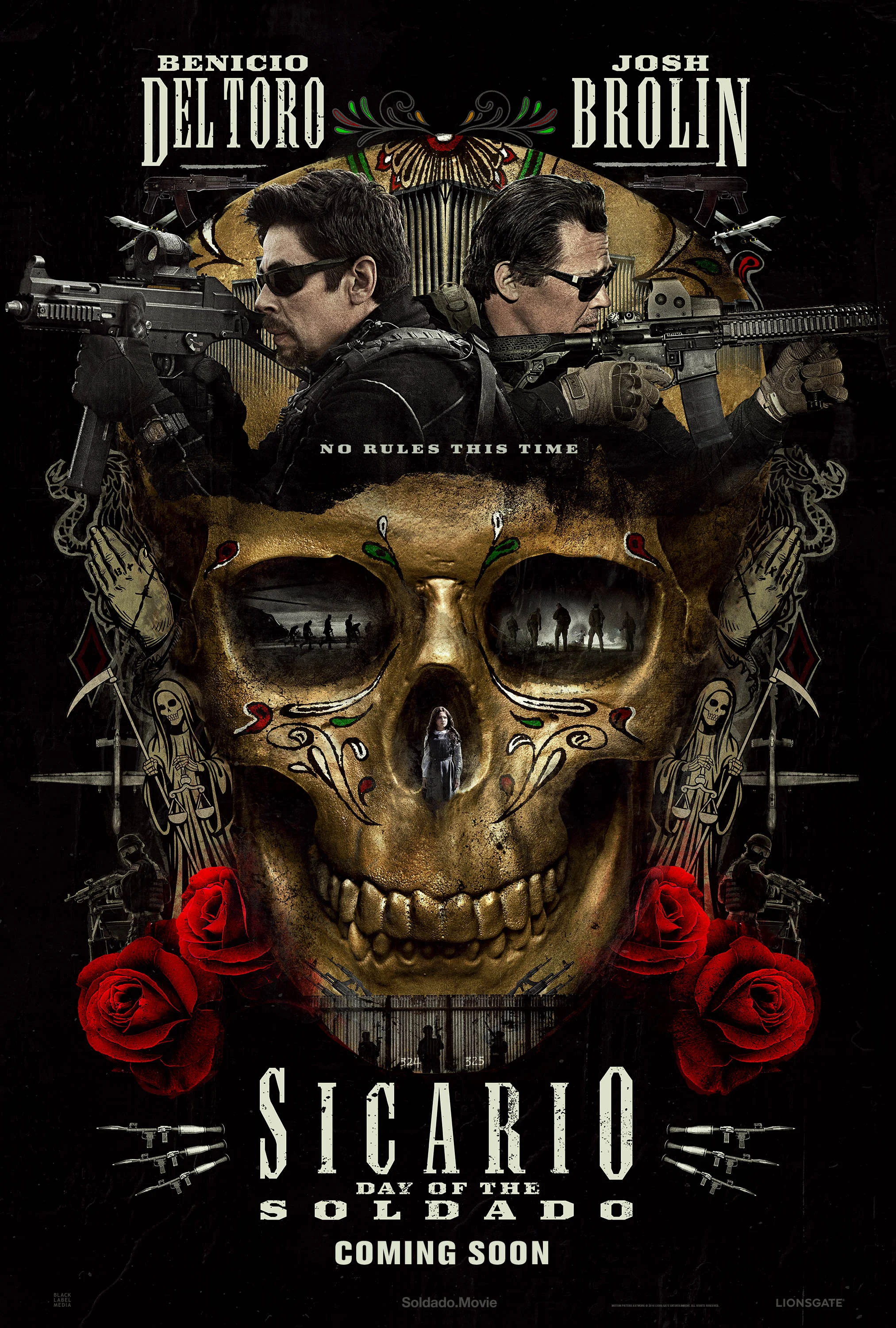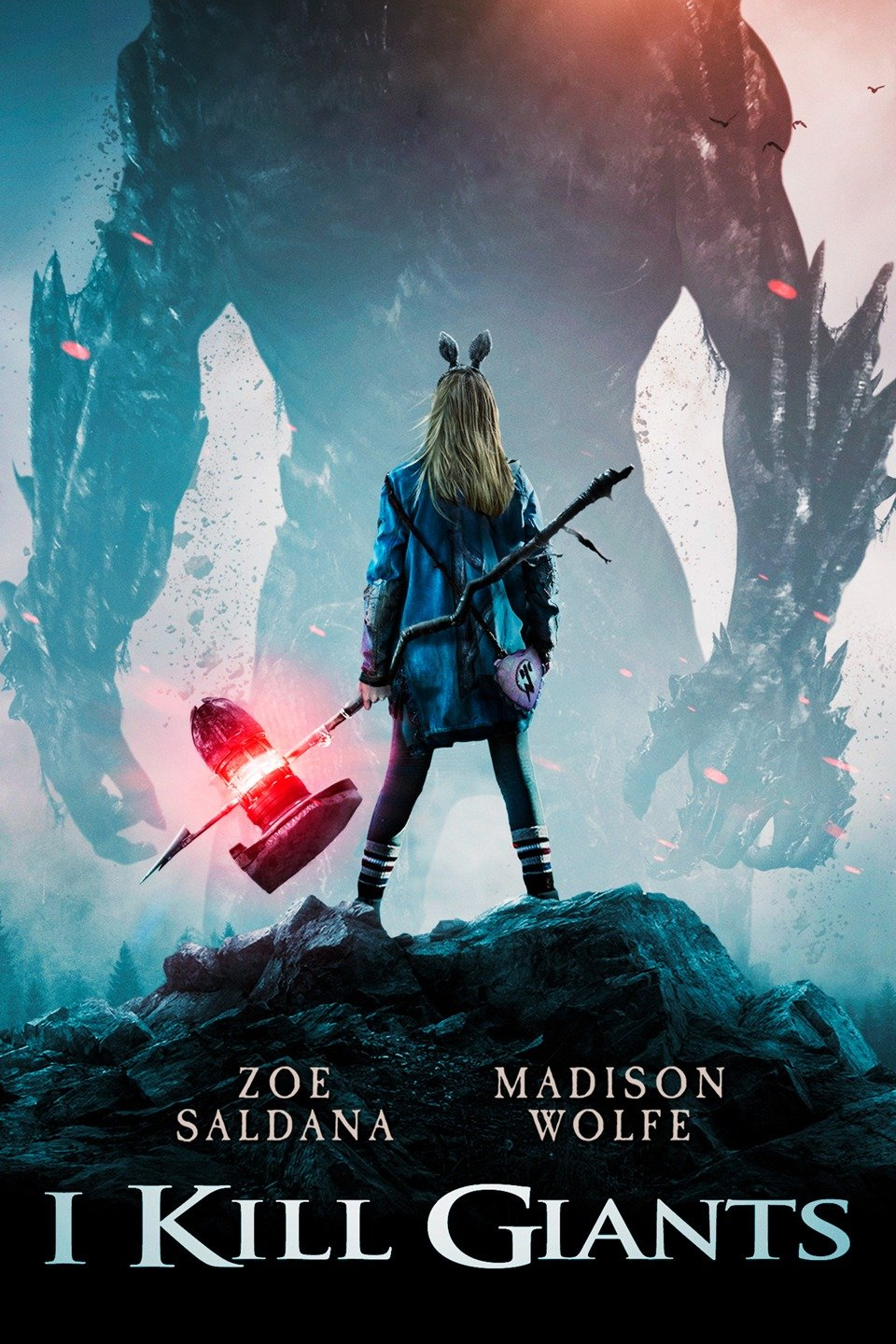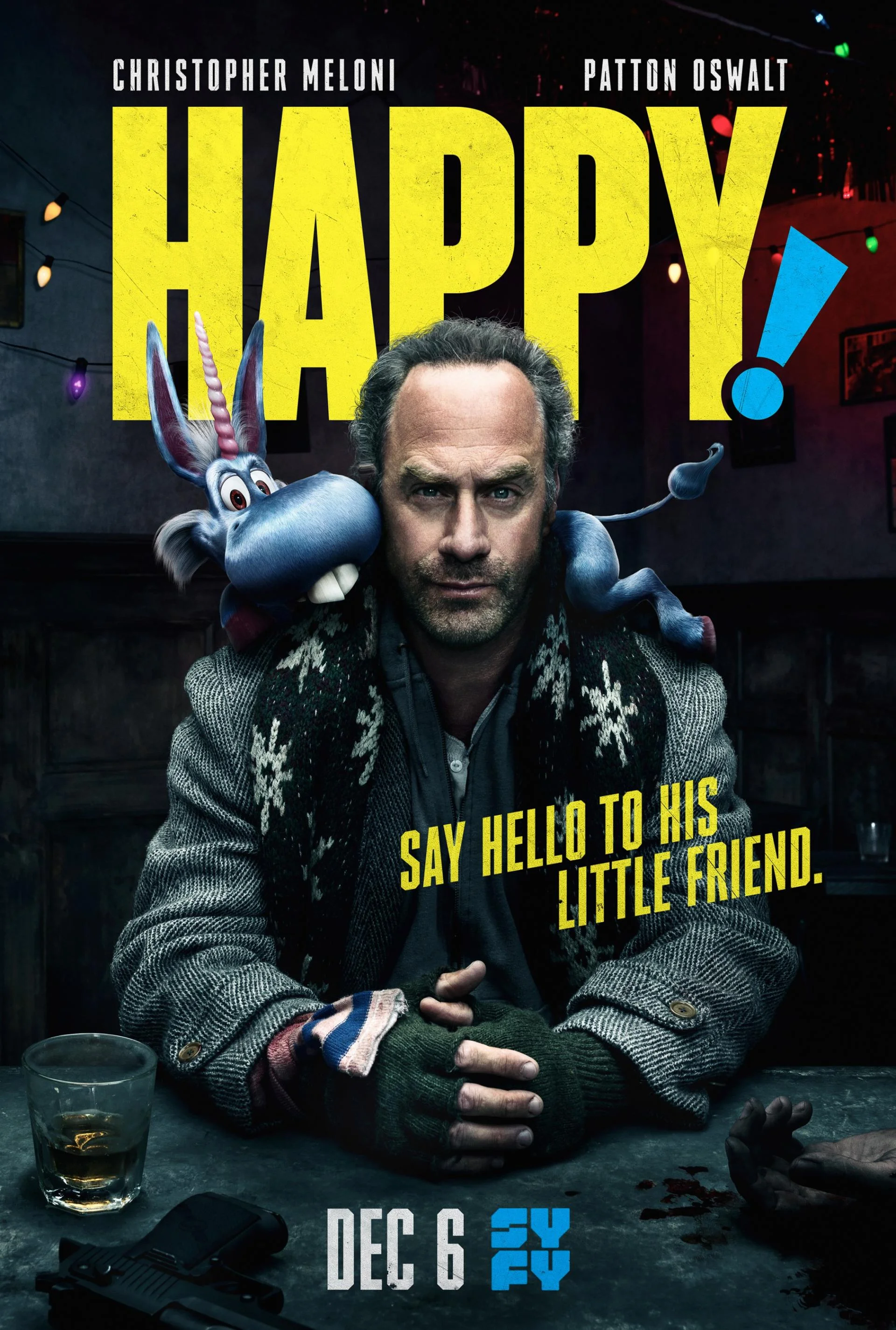THE BREAK WITH MICHELLE WOLF
Michelle Wolf is a US comedian who's worked as a contributor and writer for Late Night with Seth Meyers and The Daily Show with Trevor Noah. Most people would remember her from the recent guest speaker at the 2018 White House Correspondents' Dinner - in which she succeeded in offending some of the most offensive people in Washington. She's recently premiered her new Netflix series The Break with Michelle Wolf and it's hilarious. She was recently branded 'unhinged' by the Republican National Committee, something she wears as a badge of honour. Wolf tries to create her own chat show format by mixing it up a little, sometimes the show will be almost totally a monologue/stand-up routine about current events, other times she'll chat with a guest. What makes her a standout is that as a comic, she kills. She's fearless: delivering her jokes with a combination of whimsical silliness and caustic anger.
If you're a fan of barbed political satire of the likes of Stephen Colbert, The Daily Show or Samantha Bee, then you'll enjoy this. It's currently viewable on Netflix.
COMEDIANS IN CARS GETTING COFFEE: FRESHLY BREWED
Jerry Seinfeld's series Comedians in Cars Getting Coffee is a bite-sized reworking of a chat show, showcasing a different vintage car every episode which car collector/enthusiast Seinfeld chooses for each guest. Although the show has existed in other forms elsewhere, this new series is produced by Netflix as part of a $100 million deal that Seinfeld signed with them, giving them all the previous seasons as well as two comedy specials that are due to be released later this year. The guest list for this season features: Dave Chapelle, Alec Baldwin, Ellen DeGeneres, Zach Galifinakis, (the late) Jerry Lewis and Kate McKinnon (as well as many others). The ever affable Seinfeld keeps things light and the banter sharp, it's easily one of the most addictive shows available at the moment, as episode seems to effortlessly whizz by and the next begins, given its junk food digestibility, it's easy to watch three or four episodes in a row.
GLOW: SEASON 2
Anyone who saw the first season of this strangely endearing and engaging comedy/drama about an all-women wrestling show that gained notoriety in the 1980's, would know how eminently appealing it is and how quick it is to binge watch. Featuring a massive female cast, GLOW (Gorgeous Ladies of Wrestling) stars Alison Brie (Mad Men, Community) as Ruth Wilder, a struggling actress living in Los Angeles in the '80s. Wilder yearns to be a 'serious' actress but finds her creative outlet in the unexpected arena of women's wrestling. She is thrown in with a motley troop of twelve other women, each developing their own signature wrestling characters out of sweat, tears, glitter, leotards and hairspray. Comedian Marc Maron is rather brilliant as the coke-fuelled Sam Sylvia, a washed-up, low-budget horror movie director tasked with whipping the troop of performers into some kind of credible shape for TV. Also a standout is New York theater actor Betty Gilpin as Debbie Eagan. The show-runners are Carly Mensch and Liz Flahive (who've both written on the new Captain Marvel film) and the executive producer is Orange is the New Black & Weeds creator Jenji Kohan.
JIM JEFFERIES: THIS IS ME NOW
While US-based, Australian comedian Jim Jefferies caustic and biting comedy may not be everyone's cup of tea (he was famously punched on stage early in his career by an angry audience member), he's well-known here and abroad for his US gun control routine that went viral several years back. Off of the left wing kudos he received for that, Jefferies signed with Comedy Central in the US to front his own Daily Show-style comedy program. The Jim Jefferies Show is now in its second season and Friday July 13th also sees Jefferies poised to premiere his third stand-up special, on Netflix. Filmed in London at the Apollo, the special features much of what you've come to expect from Jefferies, whose particular brand of comedy is intended to push buttons and elicit strong reactions, only to then be undermined by his self-deprecating punchlines and knowing jabs at his own foibles. This kind of boundary-pushing comedy may not be palatable to everyone but I find his Australian-flavoured blunt honesty, goofy delivery and sly wit to be pretty damn hilarious. Admittedly his earlier material was peppered with typically Australian misogynistic quips and punchlines, something he seems to have grown out of as he's developed his skills, aged and gained a broader audience. This special sees him talking about the effects of his celebrity on his private life, Trump's America and performing the worst gig he's ever done. There's currently no trailer for the July 13 Netflix special, so in its absence, please enjoy watching Jim Jefferies (below) on Real Time with Bill Maher going toe-to-toe with the bloviating homunculus that is Piers Morgan.
CONDOR
The conspiracy thriller was a mainstay of late 70's cinema - thanks to Alan J Pakula (The Parallax View, All the President's Men) and Sydney Pollack, Director of the 1975 film Three Days of the Condor. The new TV revamp is produced by AT&T (their first foray into scripted TV drama) for their 'Audience network' platform and is based on the novel Six Days of the Condor by James Grady and the aforementioned film adaptation Three Days of the Condor, written by Lorenzo Semple Jr. and David Rayfiel.
In the '75 film, Robert Redford starred as Joe Turner, a 'reader' working for the C.I.A. His office is a relatively unremarkable building called the 'American Literary Historical Society'. In a very 70's analog way, Turner read and reviewed novels and global newspapers in an effort to uncover hidden operations of rival governments or corporate illegalities that could relate to foreign covert intelligence. Joe ducks out for a quick bite one day and returns to find his co-workers have all been executed. While on the run he meets Faye Dunaway and with her help, uncovers a shadowy cabal in the CIA that's set on gaining control over Middle Eastern oil fields.
In this new revamp of the story, Turner (Max Irons) is an idealistic tech geek who codes for the C.I.A. and goes on the lam when his colleagues are shot dead in a surgical attack on his offices. The conspiracy appears to be much deeper, elaborate and far-reaching than in the original film, with covert technology playing a greater role (much like Will Smith's Enemy of the State) as he's pursued by mysterious operatives, one of whom is played by Brendan Fraser. The production is slick and it's a tense, involving ride that's definitely worth checking out with a cast rounded out by William Hurt, Mira Sorvino and Bob Balaban. It's currently available to watch on Stan.





















